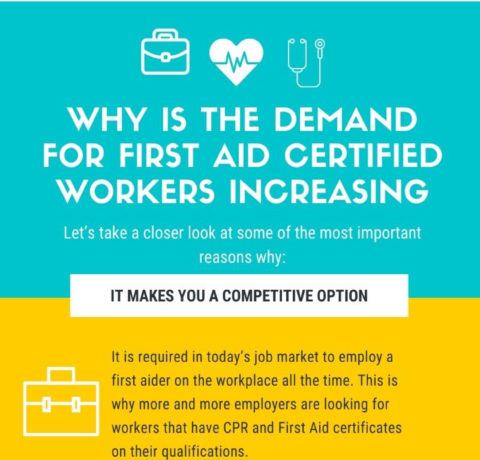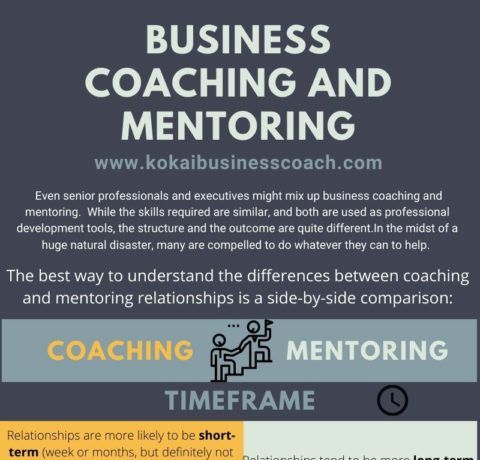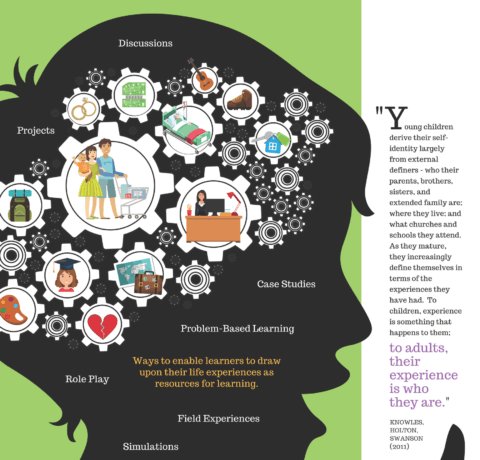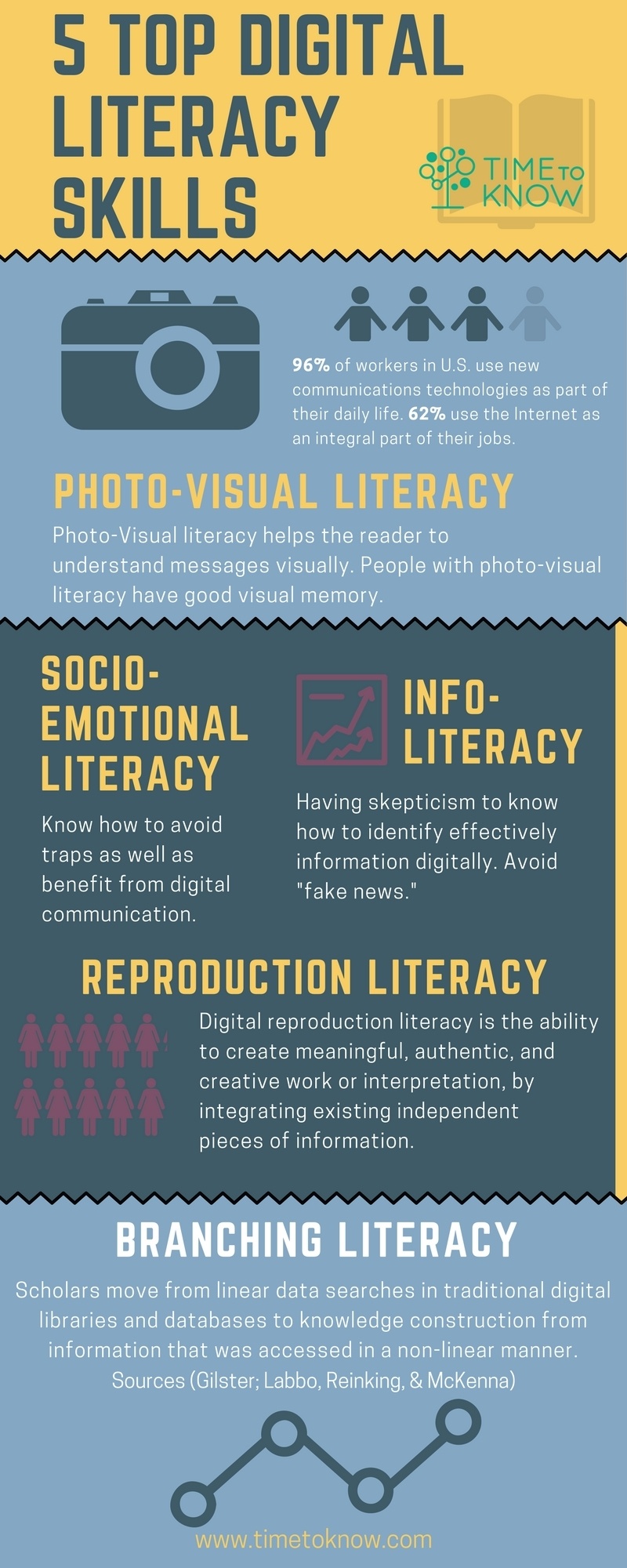Essential Digital Literacy Skills for the 21st Century Worker Infographic
Many experts tell us that modern workers must acquire these 21st-century skills: creativity, critical thinking, collaboration, communication, information, media, and technology. However, today we know that skills are not enough to survive in the digital era. What is also needed is digital literacy.
Digital literacy is the set of competencies required for full participation in a knowledge society. It includes knowledge, skills, and behaviors involving the effective use of digital devices such as smartphones, tablets, laptops and desktop PCs for purposes of communication, expression, collaboration, and advocacy.
One of leading researchers in Digital Literacy, Professor Yoram Eshet, published a key paper Digital Literacy: A Conceptual Framework for Survival Skills in the Digital Era. In this paper, Eshet says:
"Digital literacy involves more than the mere ability to use software or operate a digital device; it includes a large variety of complex cognitive, motor, sociological, and emotional skills, which users need in order to function effectively in digital environments. The tasks required in this context include, for example, “reading” instructions from graphical displays in user interfaces; using digital reproduction to create new, meaningful materials from existing ones; constructing knowledge from a non-linear, hypertextual navigation; evaluating the quality and validity of information; and have a mature and realistic understanding of the “rules” that prevail in the cyberspace."
This paper describes the digital literacies, which are needed in order to survive and be productive in the digital era.
PHOTO-VISUAL LITERACY
The article suggests that in working with graphic user interfaces, users employ a unique form of digital literacy—photo-visual literacy—that helps them to “read” intuitively and freely, and to understand the instructions and messages represented visually. People with photo-visual literacy have good visual memory and strong intuitive-associative thinking, which help them decode and understand visual messages easily and fluently.
INFORMATION LITERACY
The ability to know when there is a need for information, to be able to identify, locate, evaluate, and effectively use that information for the issue or problem at hand." Eshet emphasizes the need for skepticism in order to develop this literacy.
SOCIO-EMOTIONAL LITERACY
Socially-literate users of the cyberspace know how to avoid “traps” as well as derive benefits from the advantages of digital communication. These users have a relatively new type of digital literacy, which is referred to in the article as socio-emotional literacy because it involves mainly sociological and emotional aspects of work in cyberspace.
REPRODUCTION LITERACY
Digital reproduction literacy is the ability to create a meaningful, authentic, and creative work or interpretation, by integrating existing independent pieces of information (Gilster, 1997; Labbo, Reinking, & McKenna, 1998). Reproduction literate scholars usually possess a good multi-dimensional synthetic thinking, which helps them create meaningful new combinations from existing information.
BRANCHING LITERACY
Modern hypermedia technology has presented computer users with new challenges of digital literacy (Gilster, 1997). It enabled scholars to move away from the relatively linear data searches in traditional digital libraries and databases, to knowledge construction from information that was accessed in a non-linear manner.
See also: How Digital Learning Becomes Fourth Literacy Infographic







You can adjust your cookie preferences here.